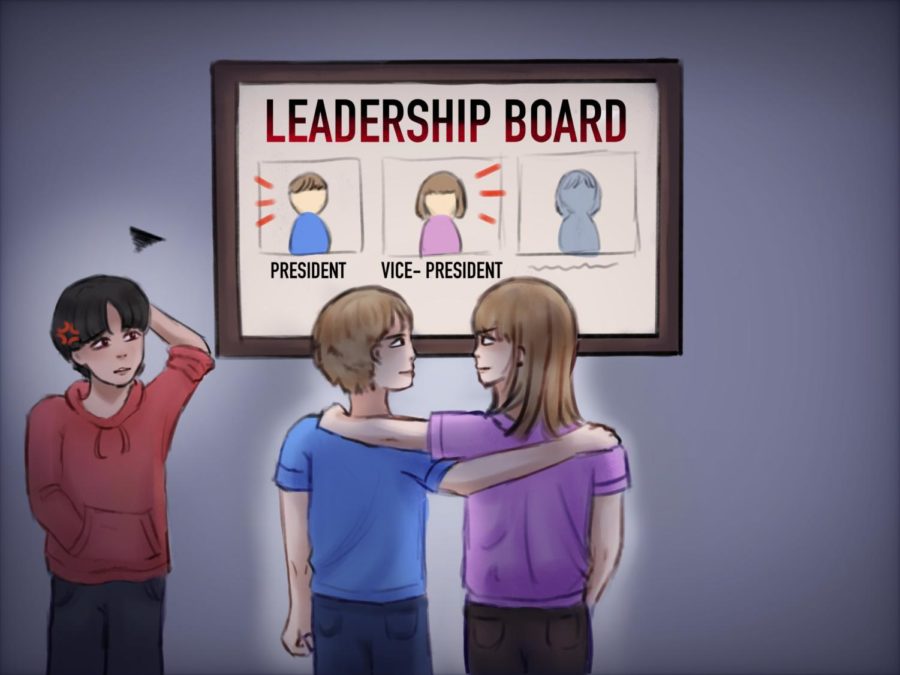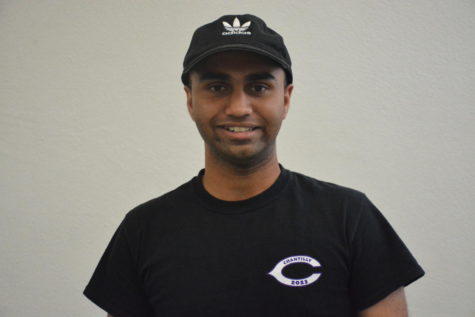Favoritism in high school clubs endangers merit
May 4, 2023
As Americans, we often boast that we allot opportunities based on one’s merit, and not personal relationships. Such a system is defined as meritocracy: allotment of power based on individual skills. Yet in high school, meritocracy is becoming obsolete.
“I am in six clubs, and in five of those, the leaders for next year are chosen by the officers who are going to continue their office next year,” junior Ian Wadhera said. “Most of the time they pick their friends.”
By letting current officers who will continue office next year choose the officers for next year, we invariably run the risk of letting favoritism crush merit because every person is inherently biased. As such, although current officers try to be unbiased in choosing officers, they are unconsciously wired to favor certain people, or even worse, disregard certain people they dislike.
It may be true that some club officers are, indeed, unbiased. However, with great power comes great danger; there is always potential for continuing officers to be biased when selecting new officers.
I know of multiple clubs whose incoming president is getting a significant say regarding officers. However the outgoing seniors—who although maybe biased, have minimal stake in the future board—should get a final say in choosing future officers.
Many clubs’ reasoning in letting the upcoming president choose new officers is that the upcoming president is going to have to “deal” with the new officers; hence, picking candidates they prefer to work with allows for a more comfortable board. Regardless of whether this reasoning is logical, the idea that positions are allotted based on a few people’s “comfort” mangles every last limb of meritocracy. Selecting upcoming officers through the sole discretion of current officers lies on the verge of falling into the pit of a failed system.
In the case that we reject the method of current officers selecting new officers, we must decide how else we would choose new officers. According to Government & Opposition, a Cambridge journal, a committee of current officers picking a slate to be voted on by all club members seems to work effectively.
The fact, however, remains that elections are far more effective at nullifying personal biases than current officers cherry-picking future officers. While it is true that the most charismatic and popular students tend to win high school elections, these elections distribute the personal biases over a multitude of stakeholders. Instead of one or two people’s biases dictating the fate of a person’s position in a club, the collective biases of all the club members, in the form of the age-old ballot, should decide the person that holds office.
“If there are elections to decide club officers, there is a good chance I won’t win the election,” Wadhera said. “But I at least know that the people chosen are liked by most of the club.”
As clubs decide the way to select new officers, they must decide for themselves whether they want a leadership that is capable or compatible.



